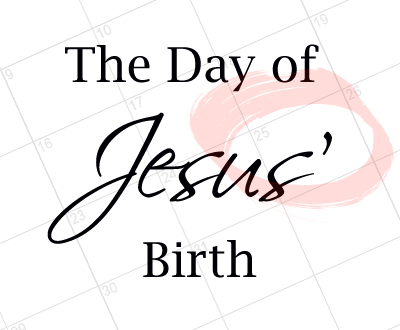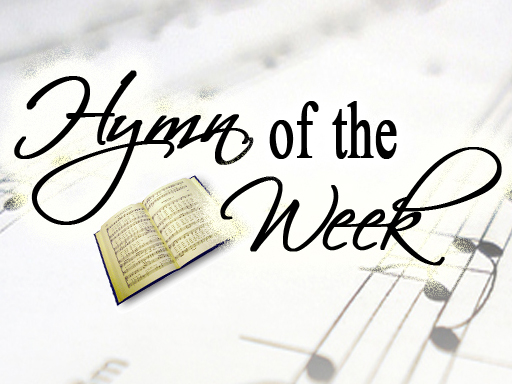Easter History
The word Pasch or Pascal Feast is another name for Easter. It is derived from the Hebrew word Pesach or “Passover,” commemorating the night (around 1446 B.C.) on which an angel of death destroyed the first-born sons of Egypt while “passing over” the first-born sons of Israel.

The Israelites, who were slaves in Egypt at the time, were instructed by God to put the blood of a lamb on their doorframe so that their lives would be spared. The Israelites were also instructed to cook and eat the lamb as their Passover meal. That very night, the Israelites were “passed over” by the angel of death whereas every Egyptian first-born son was killed. As a result, the Israelites were freed from their captivity in Egypt, and they have since celebrated Passover as a festival to the Lord. See Exodus 11 and 12 in the Bible.
The famous Last Supper of Jesus in the early first century was a Passover meal (according to Matthew, Mark, and Luke). However, Jesus is said to have been crucified at the same time that the Jews were sacrificing lambs for their Passover meals. This has led some scholars to claim that the Last Supper was not an actual Passover meal. However, there is evidence to suggest that the Galilean Jews celebrated Passover on a different calendar than those in Jerusalem who seem to have adopted Babylonian calendar methods while in captivity. These calendar variances allowed Jesus, who was from Galilee, to celebrate the Passover with his disciples, as well as institute Communion. After this, he was arrested and sentenced to death then crucified at the very time that lambs were being slaughtered for the Jerusalem Passover meal. You can find a thorough thorough explanation of this so-called “Passover Problem” in The Mystery of the Last Supper by Colin Humphreys.
Passover was the day “on which the Passover lamb had to be sacrificed” (Luke 22:7), and Jesus himself became the Passover Lamb. Recall that John the Baptist had prophesied on first seeing Jesus, “Look, the Lamb of God, who takes away the sins of the world!” (John 1:29). Consider how profound this declaration was. It would have seemed exceptionally strange to John’s listeners to hear Jesus called a “lamb.” However, with the benefit of hindsight, we now understand that Jesus is indeed the Lamb whose blood ensures that our sin is “passed over.” Fortunately, the story of Jesus does not end with his death. Three days after his crucifixion, Jesus was raised from the dead showing that death did not have mastery over him. Easter is a celebration of this resurrection.
Interestingly, the beginning of spring, or the vernal equinox, had long been celebrated as the season of new life, or the “rebirth of the earth.” Though the eighth-century English monk and scholar, Venerable Bede, claimed that the word Easter was derived from the Anglo-Saxon name of a Teutonic goddess of spring, Eostre, there is no evidence to support this claim. Rather, evidence suggests that the Anglo-Saxon name for April, Eosturmonath, more likely meant “the month of opening,” the season when the buds open (a time that Christians can reflect on the tomb that opened!). For an intriguing article by Dr. Anthony McRoy on this subject, see “Was Easter Borrowed From a Pagan Holiday?” It should be noted that the name for Easter in most languages clearly derives from either the Latin word for Passover (“Pascha”) or the Hebrew word (“Pesach”): “Pascua” in Spanish, “Pasqua” in Italian, “Pasg” in Welsh, “Pasen” in Dutch, etc.; English is an exception.
Though Easter was a well established holiday by the second century, much debate took place as to which day it should be observed. The question was whether Easter should be celebrated in accordance with Passover, which is based on the Jewish calendar (the 14th of Nissan), or always celebrated on a Sunday. The question of the date of Easter was one of the main concerns of the Council of Nicea in 325 A.D., called by Emperor Constantine. The council determined that Easter should fall on the Sunday following the first full moon on or after the vernal equinox (around March 20th in the northern hemisphere), thus making it a “movable feast.”
Regardless of the date on which we celebrate, the resurrection is one of the most central tenets of the Christian faith. As the Apostle Paul says, “And if Christ has not been raised, our preaching is useless and so is your faith” (1 Corin 15:14). The resurrection of Christ is what gives every believer a “living hope” (1 Peter 1:3) for our own future – that we too will be raised. For this reason, we do not “grieve [about death] like the rest of men, who have no hope” (1 Thessalonians 4:13). Rather, we anxiously await the day that Christ will clothe all believers with new, eternal bodies (1 Corinthians 15:35-58) to live forever with him on a new earth. Note that living as a spirit in heaven after you die is only a temporary state. All believers will one day have a resurrected body on a resurrected earth. Peter writes, “But in keeping with his promise we are looking forward to a new heaven and a new earth, the home of righteousness” (2 Peter 3:13). Praise God for the hope that is given to us through the resurrection of Jesus!
For more on the Easter season, see the following articles:
Lent (Mardi Gras, Ash Wednesday, and Lent)
Holy Week (Palm Sunday, Maundy Thursday, Good Friday, and Holy Saturday)
Eastertide (the seven weeks from Easter to Pentecost)
This page was created by:

We welcome your ideas! If you have suggestions on how to improve this page, please contact us.






